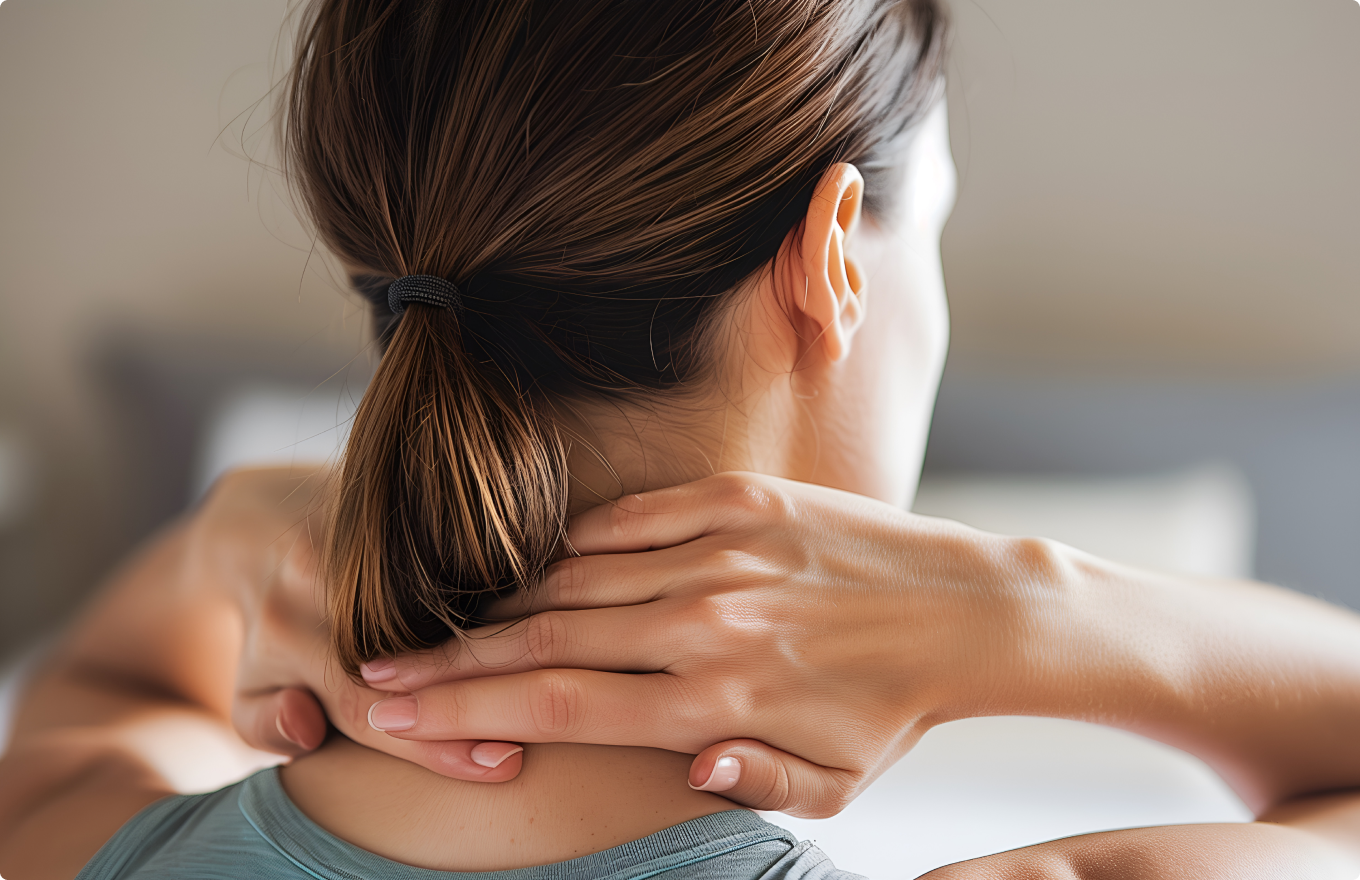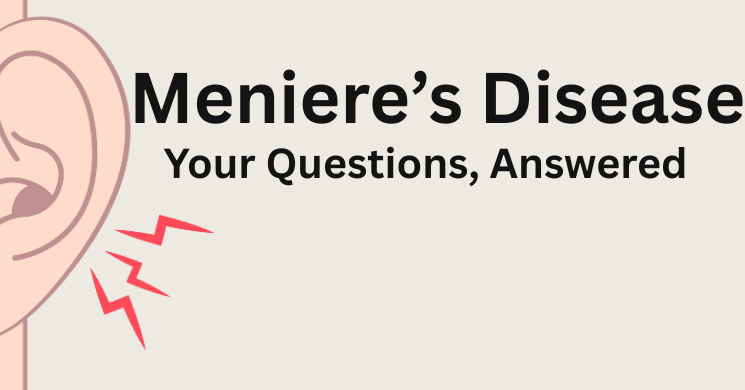Inflammation and dizziness
Have you tried traditional treatment for your vestibular condition or dizziness but feel like somethings missing? Dr. Emily Kostelnik discusses how unlocking the connection of inflammation and her body helped her find the missing piece of her vestibular treatment and management.
Meet Dr. Emily Kostelnik, PHD
Dr. Emily’s vestibular story
Dr. Emily Kostelnik is a clinical health psychologist and has her own personal experience with vestibular orders and dizziness. She has combined her personal and professional experience to assist others with vestibular conditions through Rooted Behavioral Education (link here) and her practice as a clinical health psychologist The Vestibular Psychologist (website here)
Follow her on instagram at rootedbehvaioraleducation and thevestibularpsychologist. She’s a wealth of knowledge and shares this on her social media accounts!
Dr. Emily also has a course on fucntional medicine, inflammation and alternative answers to dizziness. You can purchase the course here. Vestibular Group Fit members get a $75 discount so look in your premium content, or sign up for the discount ( you still save $15). If you’re unsure if this discount code is still active, email us and ask prior to purchase!
Dr. Emily Kostelnik was diagnosed with Superior Canal Dehiscence (SCDS) in 2018 with two surgeries to correct. In post partum, Dr. Kostelnik faced debilitating PPPD and VM.
Starting with more conventional treatment (VRT, Heal your headache diet, working with an otolgist), she noticed progress but still noted lingering symptoms. Medications were prescribed to address ongoing floating sensations, trouble with screen time etc but she felt like there was still something missing.
With the assistance of functional and integrative medicine doctors, Dr. Kostelnik researched more the possible role of inflammation and dizziness. This turned out to be an important part of her recovery and management strategy and she’s here to share what she’s learned. Overall she is dizzy free most days!
Yes, Dr. Kostelnik is dizzy from time to time, but again, is mostly dizzy free!
What is inflammation?
To understand inflammation in our bodies, we need to talk about our immune system. Our immune system defends our body from outside threats. Think bacteria, viruses, pollen, infections etc. Anything our body finds suspicious or potentially harmful, our immune system attacks.
Inflammation is the immune system’s response to a threat. Not all inflammation is bad, it is the first part of the healing process. Initially inflammation is good! It helps identify and surround the perceived threat to avoid damage to other tissues or further spread. This is done by the immune system leaking fluid and protective chemicals to the specific area. Typically, the next step is to clean out this area of the threat, and the acute inflammation phase is over and our body starts the next phase of returning to baseline.
When our body doesn’t start the next step and stays in the inflammatory phase, this can lead to chronic inflammation. In chronic inflammation, our body continues to respond like there is a present threat. A persistent state of chronic inflammation can feel like a decline in our health, like you’re never feeling like your best self.
Chronic inflammation can be a result of: chronic injuries, chronic infections, surgical implants, things we eat, the way we act (or don’t act…mindset is important!), sedentary lifestyle, our environment. A certain combination of factors, everyone is different, can begin to overwhelm our bodies and we then reach a state of chronic inflammation.
How does inflammation and dizziness fit together?
Research has found that people with vestibular disorders (acoustic neuroma, vestibular neuritis, vestibular migraine, BPPV, PPPD) and those with anxiety depression were associated with higher inflammatory markers. Inflammation can affect us all differently. For some, it causes dizziness, for other it may be migraine or a thyroid condition.
If our body is inflammed, and constantly trying to remove a threat, it impacts our body’s ability to function. This is additional energy, resources and stress on our body dedicated to increased inflammation. When our bodies are in this state, it’s hard to reach baseline or feel like your typical self.
3 Ways to that can help improve inflammation
- Exercise can help reduce inflammation in our bodies
- nutrition. our gut biome is super important. Eating inflammatory foods or having guy dysbiosis can impact inflammation in our body
- mindset. working on positive thoughts, or being with others to get a positive mood boost can work wonders for our body!
Mast Cell Activation Syndrome, Histamine, inflammation and dizziness.
We won’t go into much detail here, but you can find more on this via Dr Emily’s social media and in the interview with Dr. Emily and Dr. Madison for vestibular group fit members.
Mast cells release chemicals when a threat is perceived. Mast cells release many different chemicals, one of them is histamine. Too much histamine in our body can result in histamine intolerance and can contribute to chronic inflammation.
There’s a wide variety of opinion on this subject, and diagnostic criteria can be hard to accurately measure and meet. Even if you don’t meet the diagnostic criteria, you may still benefit from different management options. Talk if over with your doctor.
What about medications, supplements, antihistamines for inflammation and dizziness or MCAS?
Medications
- We can’t tell you what to take, that’s a conversation for your doctor. We’re big fans of taking meds when you need it and if that’s something you want to take. Medications aren’t a sign of failure and don’t have to be a forever thing if you don’t want it to be. Again, this is a hugely important conversation to have with your doctor! If they don’t support your preferences on this topic, find one that does if you can!
- It will be trial and error to find a med that works best for you. Meds are just one part of the treatment pie so keep in mind those other treatment options.
- if you’re on a med and happy with your current plan, great! Keep doing what you’re doing
Supplements
- everyone is different, some may benefit from supplements, others may not.
- this is very person specific, what does your body need and what are the routes to get it?
Anti-histamines
- again, what works best for you?
- some find elimination diets can be helpful, but this is a SHORT TERM SOLUTION. This can help determine why cells get overactive, or discover if there’s a personal connection in histamines, inflammation and dizziness for you
- anti-histamines may help symptom management, but long term use can have other health consequences including increased risk of dementia, or increased production of histamines to counteract the long term blockage. Again, do what works for you, have these conversations with your doctor. This may be a short term solution to dig deeper and find a longer term management plan!
How to Find and Functional Medicine Doctor
Find a list of all functional doctors here at IFM.org.
Reminder, functional doctors may have differing opinions on what they think is going on, and course of treatment. It may take a few to find the right fit or find the help that works best for you! Some may be helpful for inflammation and dizziness, you may find them helpful for other health conditions you don’t feel have been fully addressed!
Disclaimer
Want to learn more about inflammation and dizziness, and other vestibular tools from the experts and be a part of a supportive community to get back to your daily life? Find out more at this link: https://tvd.flywheelstaging.com/about-group/
Disclaimer:
Remember: this post is for informational purposes only and may not be the best fit for you and your personal situation. It shall not be construed as medical advice. The information and education provided here is not intended or implied to supplement or replace professional medical treatment, advice, and/or diagnosis. Always check with your own physician or medical professional before trying or implementing any information read here.






